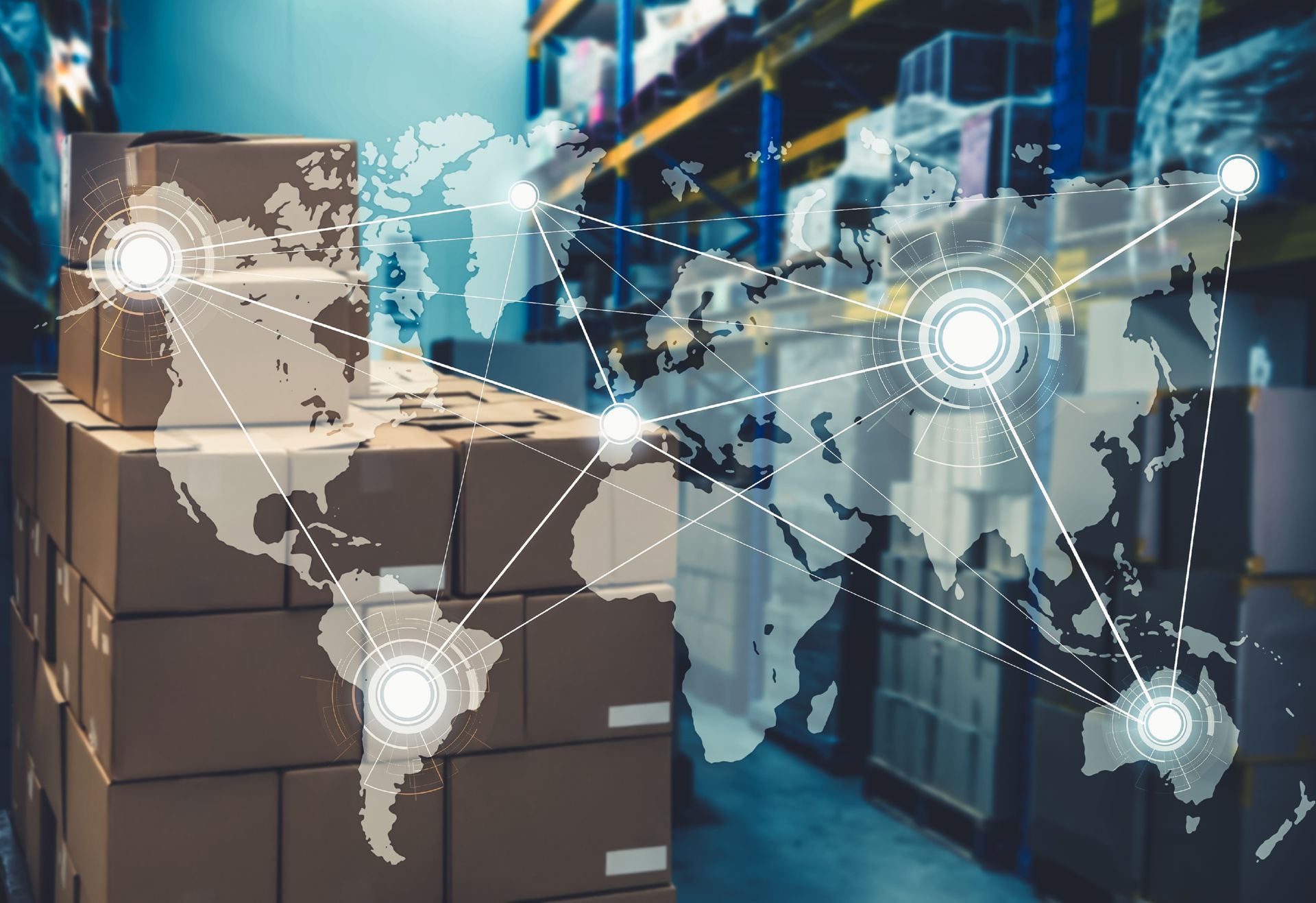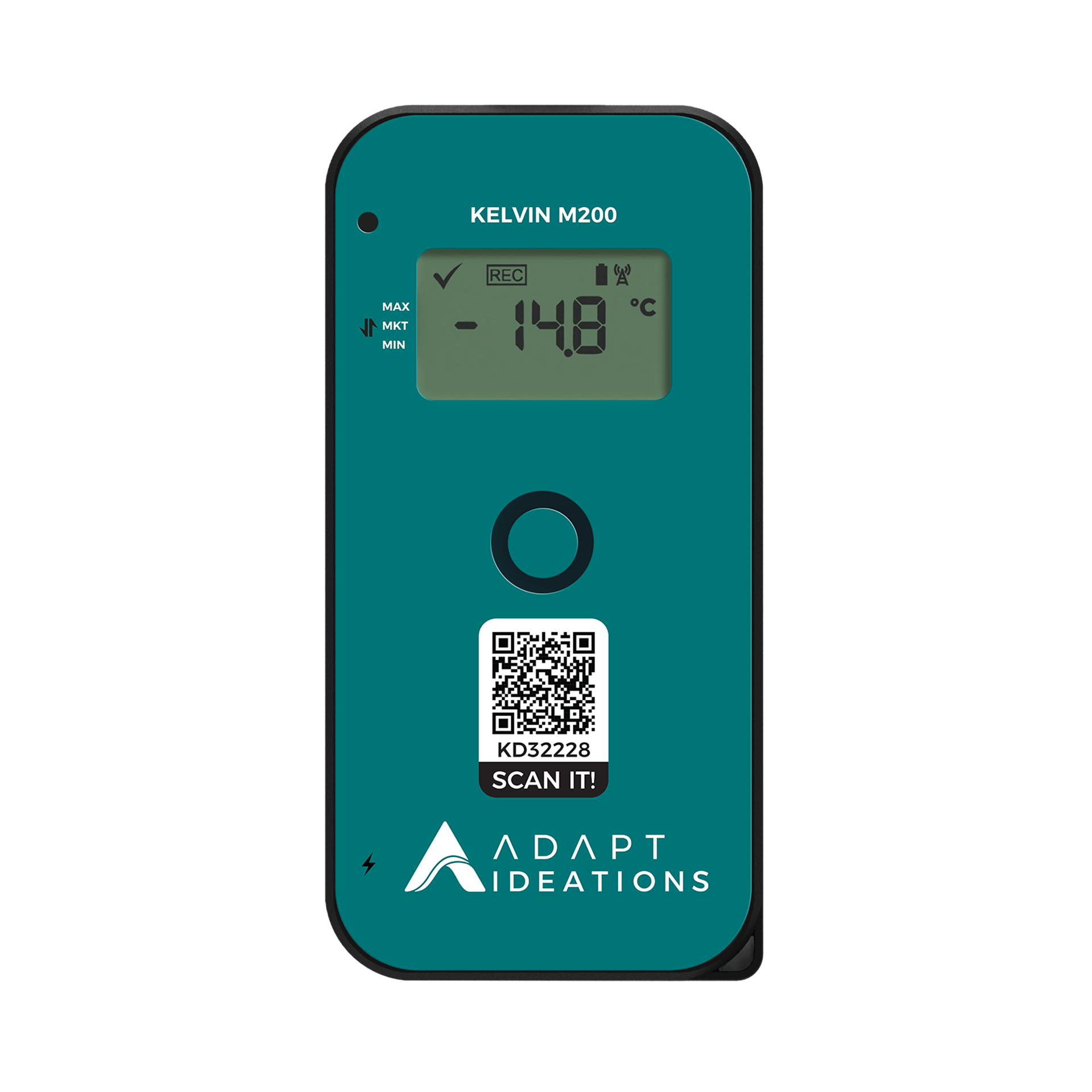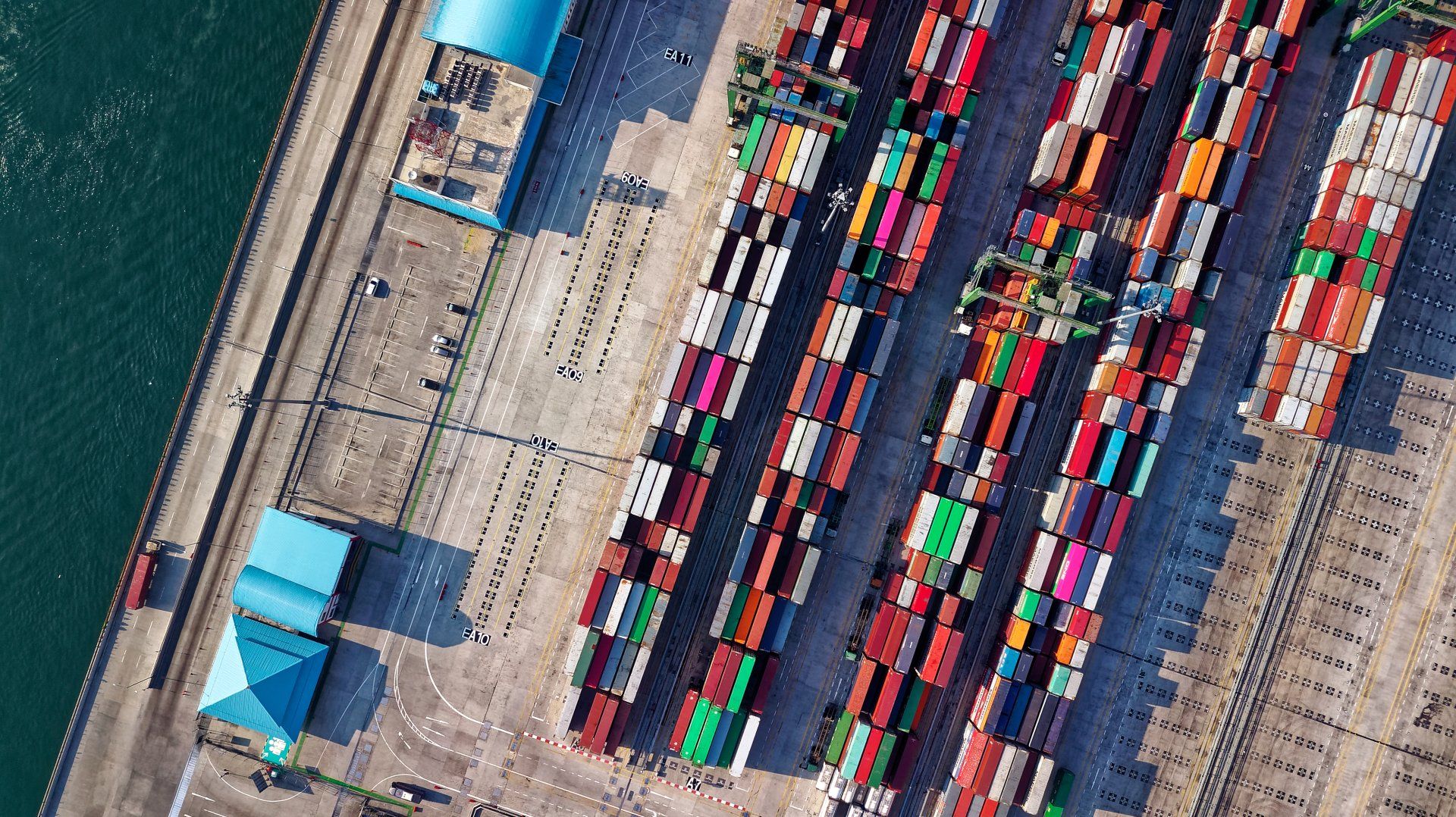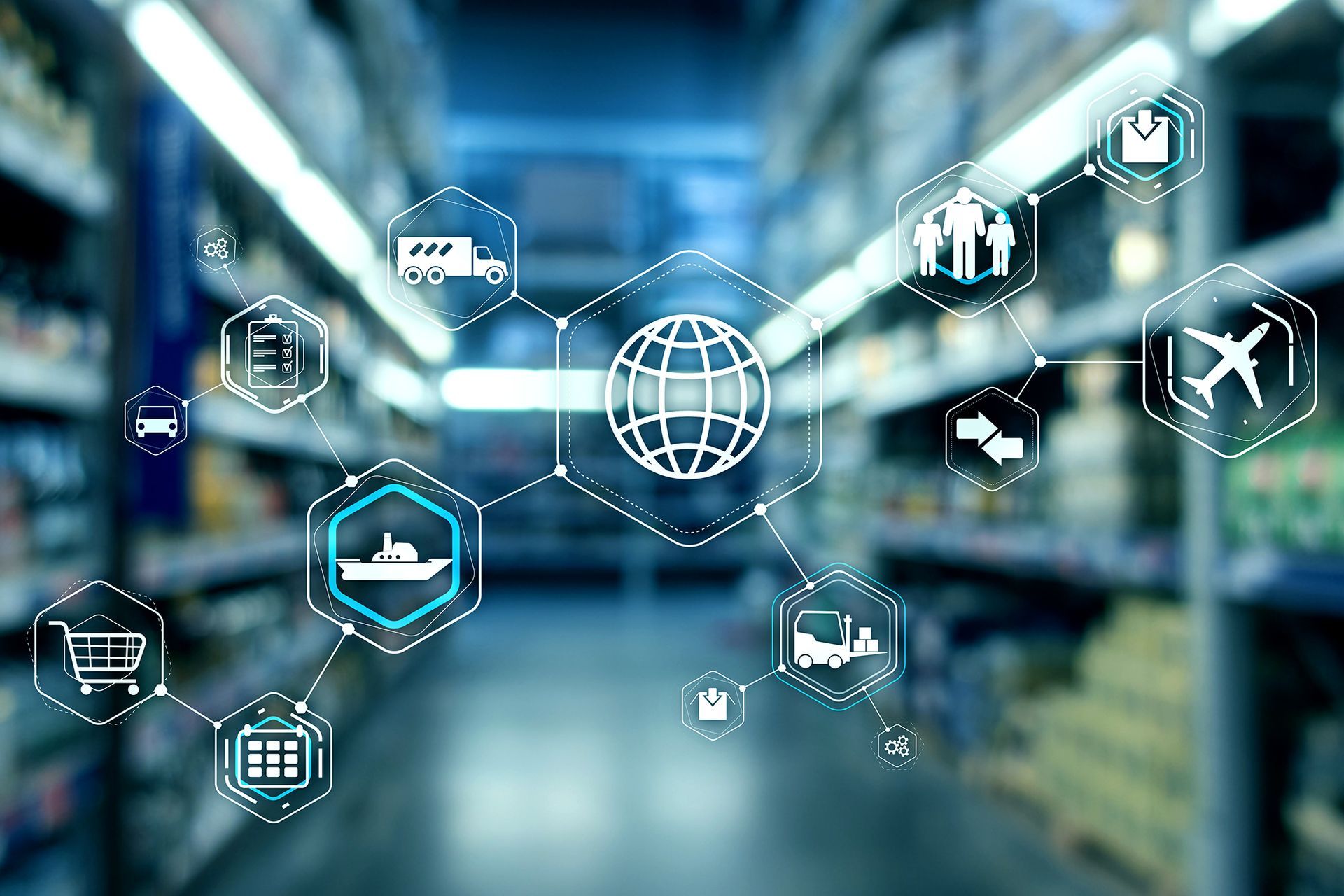Reusable Asset Tracking Solutions Improving Supply Chain Sustainability
Sustainability In Global Supply Chains
Supply chain sustainability can be defined as a company’s environmental, social, and economic impacts from processes in place throughout the supply chain. Sustainability is continuing to be an increasing trend in global supply chains today impacting almost every facet of how companies function. Asset tracking solutions will improve supply chain visibility in turn impacting overall sustainability.
It is not only one single source of pressure from governments, climate organisations, clients and even end users influencing companies and how they operate. More often than not companies also want to do their part for the environment and operate responsibly. While sustainable actions can be in many forms such as social and financial, a large aspect is operations. On an operational level measures must be in place to reduce products being damaged, lost or wasted.
IoT enabled asset tracking and monitoring solutions.
The Impact Of Asset Tracking Solutions On Supply Chain Visibility.
Visibility is playing a significant role in allowing companies to understand their day-to-day operations and the impacts of processes in place on a granular level. Coinciding with creating greater supply chain visibility is the transition away from single-use data logger solutions that are unable to be reused. This has led to use of reusable near real-time asset tracking solutions allowing the collection of data to drive visibility throughout the entire supply chain.
Reusable asset tracking solutions are helping minimise e-waste and carbon emissions from single-use temperature data loggers that are discarded after a single use. The implementation of near real-time asset trackers can also help reduce damage and waste while improving other processes such as compliance. With the use of reusable near real-time asset tracker solutions digital transformations can take place across global supply chains.
The Need For Reusable Asset Tracking Solutions.
Particularly with perishable goods such as pharmaceuticals and meat, products can quickly be damaged due to the conditions that they experience. Lack of visibility across the entire supply chain, manual processes, and the inability to easily share data has led to the need for solutions to overcome these challenges.
One solution is the use of reusable near real-time asset tracking solutions. While single-use temperature data loggers remain widely in use today, companies are coming to the realisation of the much wider benefits that can be experienced with reusable near real-time devices.
Passive Single-Use Temperature Data Loggers Vs Reusable Asset Tracking Solutions.
It goes without saying that passive solutions that cannot be reused again leads to millions of devices that simply go to waste after the single use. An important aspect is that for data to be retrieved from passive data loggers, the trip must first be completed.
The USB then needs to be inserted into a computer to retrieve the data. While the temperature data logger will allow you to realise if a violation has occurred, by the time that the data is retrieved more often than not the product will already have to be wasted.
If a product goes to waste, the distributor will be required to reship the product to the end customer. Not to mention if a shipment is lost or stolen, locating it may be impossible with a passive solution. On the other hand, a near real-time solution allows instant notifications to be sent alerting the company if a violation has occurred. Whether that be a temperature, shock, light or geofence violation every minute counts to rectify the problem at hand when necessary.
The Impact of Reusable Asset Tracking Solutions.
While the reverse logistics of reusable solutions will result in emissions, the amount of devices and emissions will be much lower compared to the use of single-use temperature data loggers. The data over time will also allow stakeholders within the supply chain to understand trends and abnormalities. For example, the use of a near real-time asset tracker may result in identifying that temperature excursions regularly occur within a particular part of a product’s journey from point A to B.
The use of dashboards and reporting can also identify trends such as the number of excursions and the type of violations experienced. This can help identify the impact that the near real-time asset tracking solutions have and vital metrics around damage and waste of products.
Reusable data loggers can help companies save money by allowing them to be reused instead of thrown away. In most cases, the use of reusable near-real time solutions will also have positive flow on effects such as less waste, costs associated with returning damaged products, and compliance issues experienced.
How Adapt Ideations Drives Supply Chain Sustainability.
Our reusable near real-time solutions enable companies to have access to vital data on assets. While we do offer a range of re-usable and single-use solutions we do have the ability to refurbish devices. This enables greater utilisation of existing components in devices and assists in sustainability. This allows us to cater to the wide range of use cases that our clients have and offer the best solution to meet their needs as one solution will not fit all.
While reusable near real-time solutions are just one aspect and way of achieving greater supply chain sustainability, it undoubtedly has an important role to play. With the data at hand, businesses can take the necessary measures to increase sustainability throughout the supply chain and ensure decisions are backed by data.
Get in touch with us today at enquiries@adaptideations.com for further information on our solutions.
Share Our Post.
Awards & Recognition

Best Temperature Monitoring Solution Provider
Awarded by India Biologics & Vaccines Outstanding Industry Awards 2022

Adapt Ideations Recognised As A Supply Chain Leader
by Alcott Global on Supplify's Supply Chain Tech Map 2.0
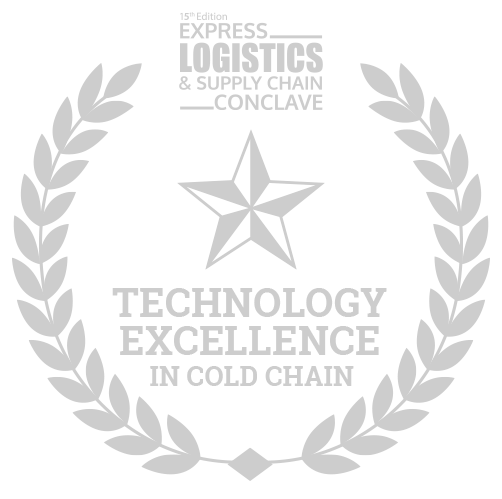
Related Articles.

